Breastfeeding Support After Delivery: Podcast Episode #300
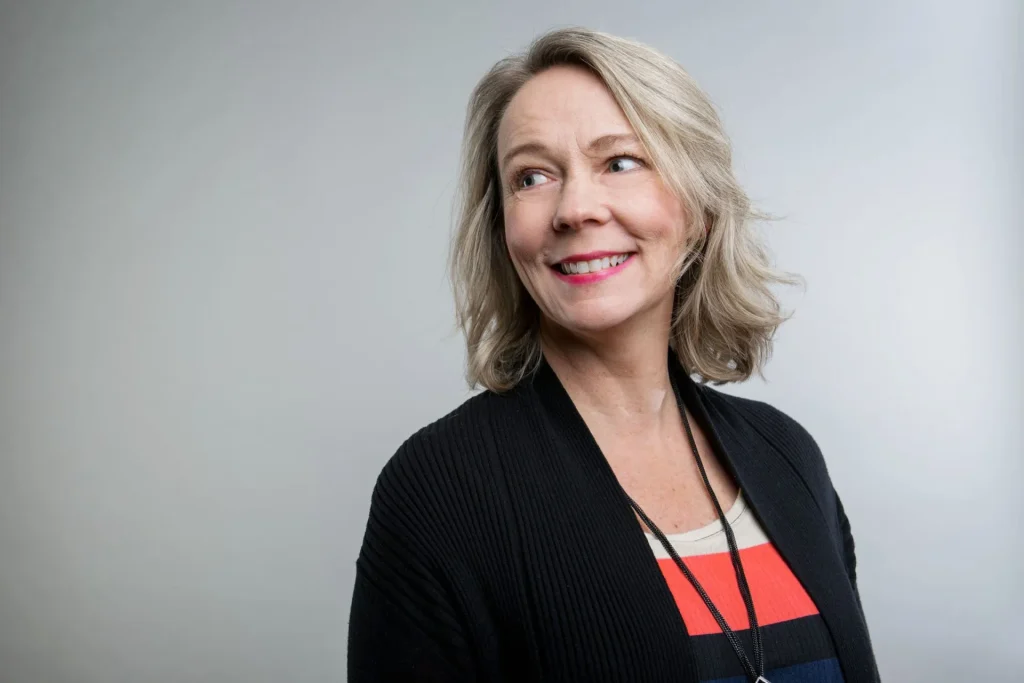
Kristin Revere talks with Kelly Emery, IBCLC, about breastfeeding support after delivery. They discuss ways to seek support from lactation consultants and postpartum nurses after delivery in the hospital. Kelly also offered tips on how to seek support after you return home. Hello, hello! This is Kristin Revere with Ask the Doulas, and I am […]
How To Prep Your Body For Pregnancy: Podcast Episode #299
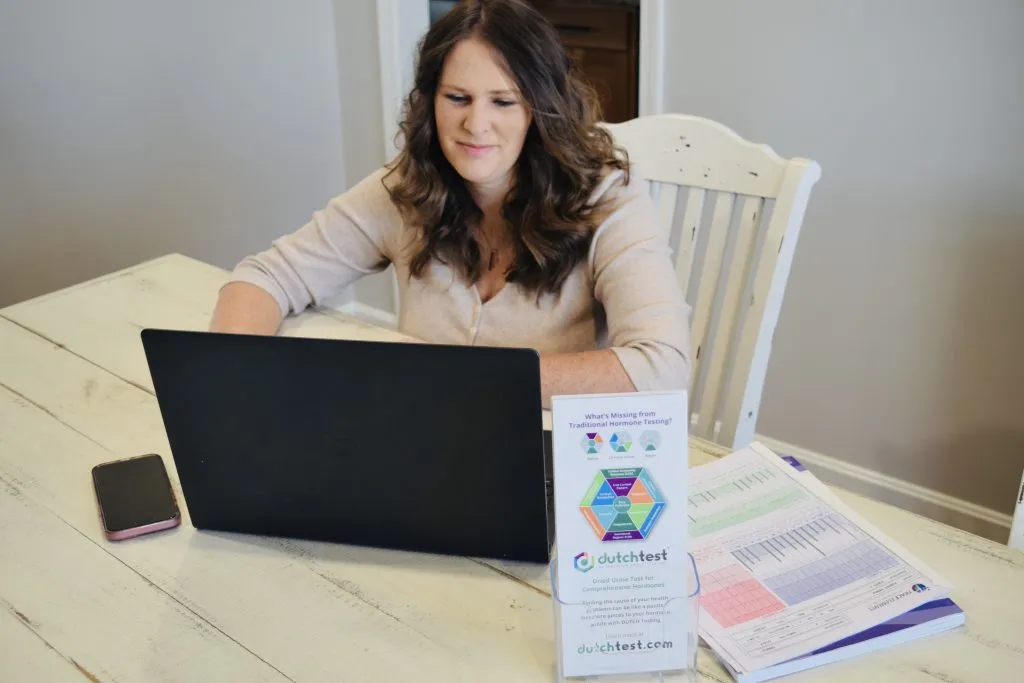
Kristin Revere and Vanda Aubrey discuss secondary fertility and pre-conception strategies on the latest episode of Ask the Doulas Podcast. Hello, hello! This is Kristin Revere with Ask the Doulas, and I am excited to chat with Vanda Aubrey today. Vanda is a functional medicine nurse and board certified nurse coach specializing in hormone health […]
Selecting the Perfect Nanny: Podcast Episode #298
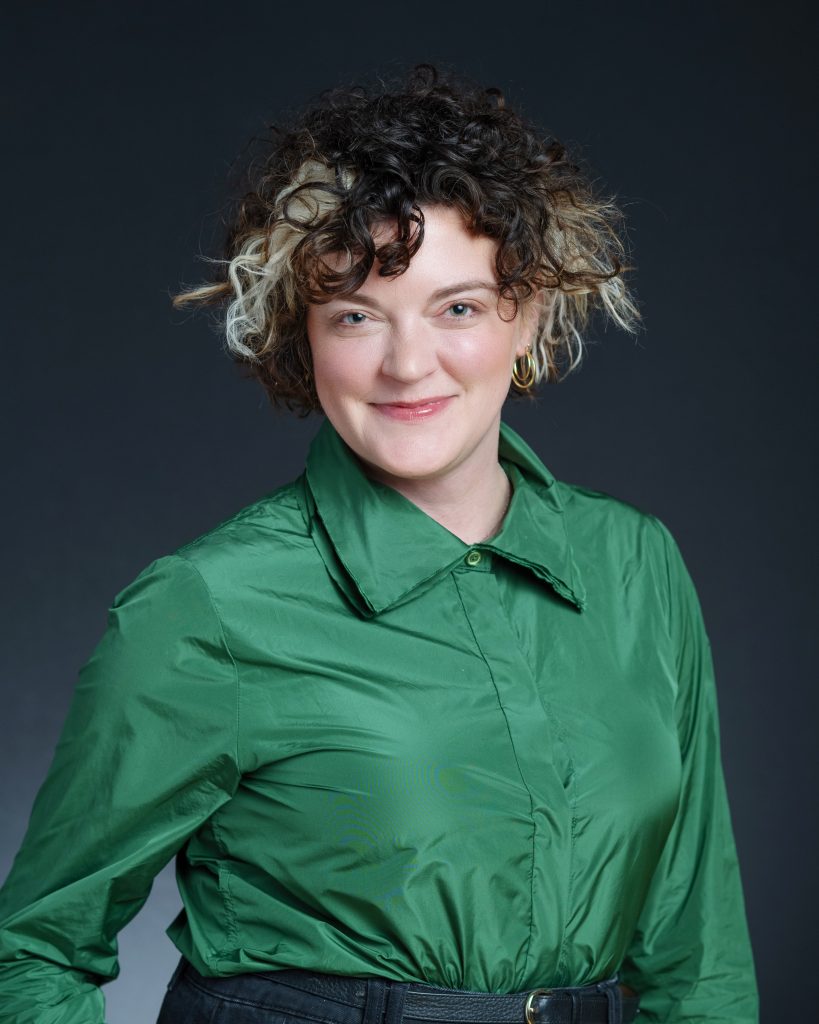
Kristin Revere and Shenandoah Davis, CEO of Adventure Nannies, discuss the importance of asking intentional questions when interviewing nanny candidates. They also chatted about her new book, “Adventure Nannies: Tales of Wonder, Wildness and Wisdom” and the important work Adventure Nannies is doing to support families in the latest episode of Ask the Doulas. […]
Feeding and NICU Babies: Podcast Episode #297
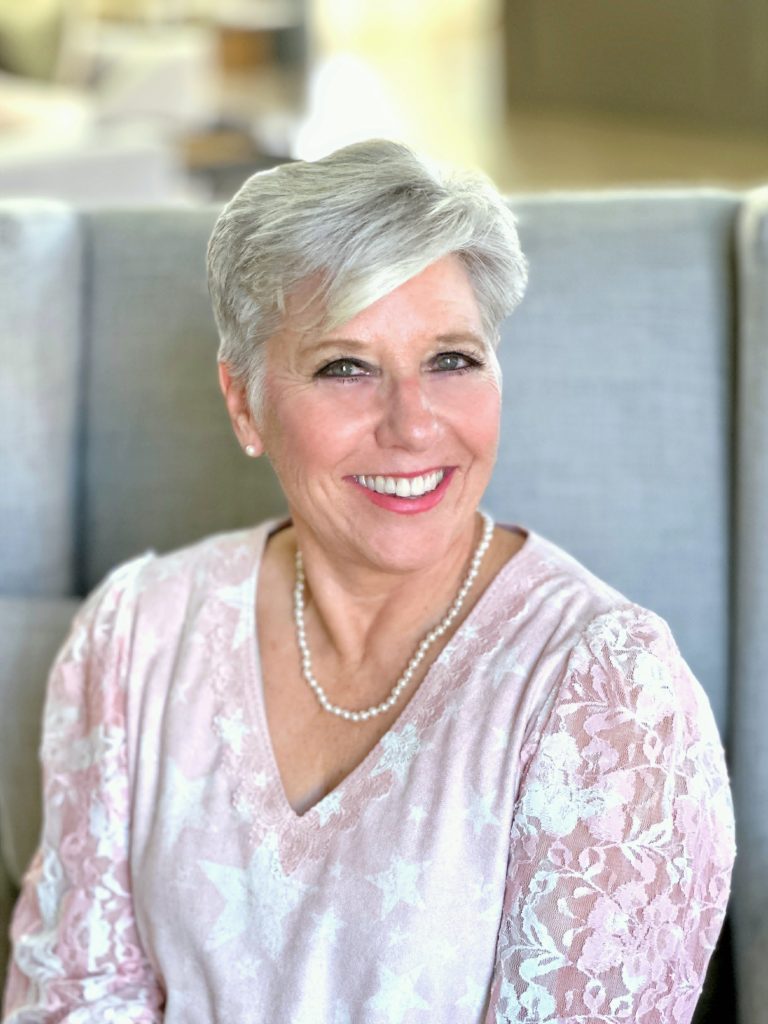
Kris Hapgood and Kristin Revere discuss feeding and NICU babies on the latest episode of Ask the Doulas Podcast. Kris Hapgood, BSN, RN is the CEO of Essential Health Solutions. Kris is a bestselling author of The Gifts of Pain, Volume 3, and a global speaker. She has been a nurse for over 30 years. […]
Bottle-Feeding Pitfalls: Podcast Episode #296
Kristin Revere and Barbara Nelson, CLC discuss bottle-feeding pitfalls on the latest episode of Ask the Doulas Podcast. Barbara is a Pediatric Speech and Language Pathologist and Certified Lactation Counselor who specializes in infant feeding. She creates educational content to help parents feel confident in feeding their babies and recognize red flags early. She is […]
Finding the Right Provider: Podcast Episode #295
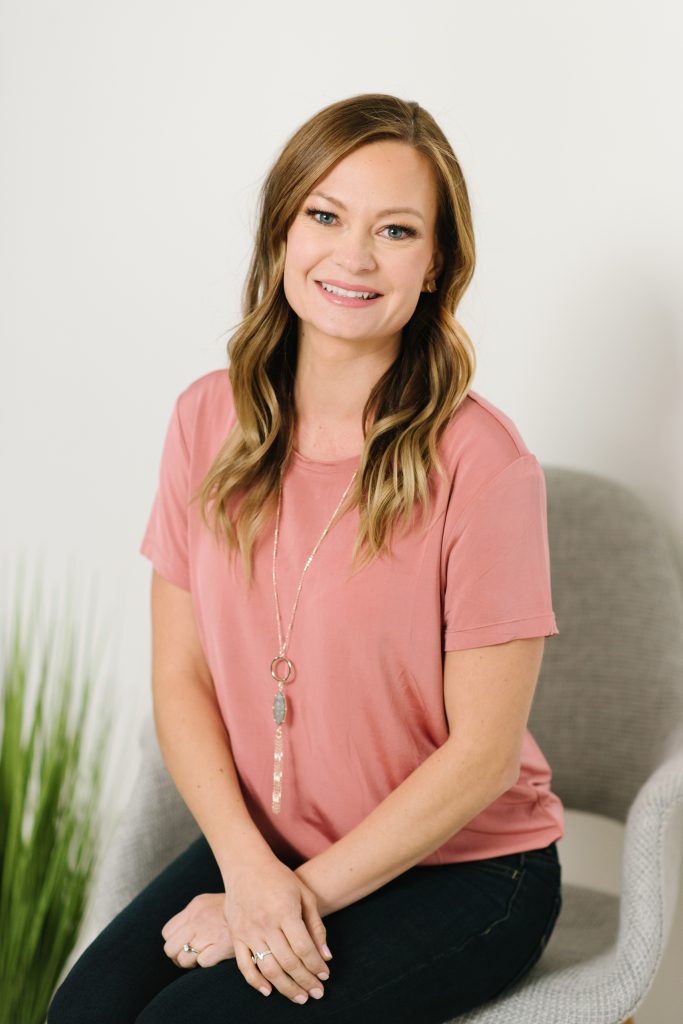
Kristin Revere talks with Stephanie King, CEO of My Essential Birth, about the importance of finding a provider who is on board with your birth preferences on the latest episode of Ask the Doulas. They also discuss what questions help women discover red flags. Hello, hello! This is Kristin Revere with Ask the Doulas, […]
Live Core Strong with Dr. Jena Bradley: Podcast Episode #294
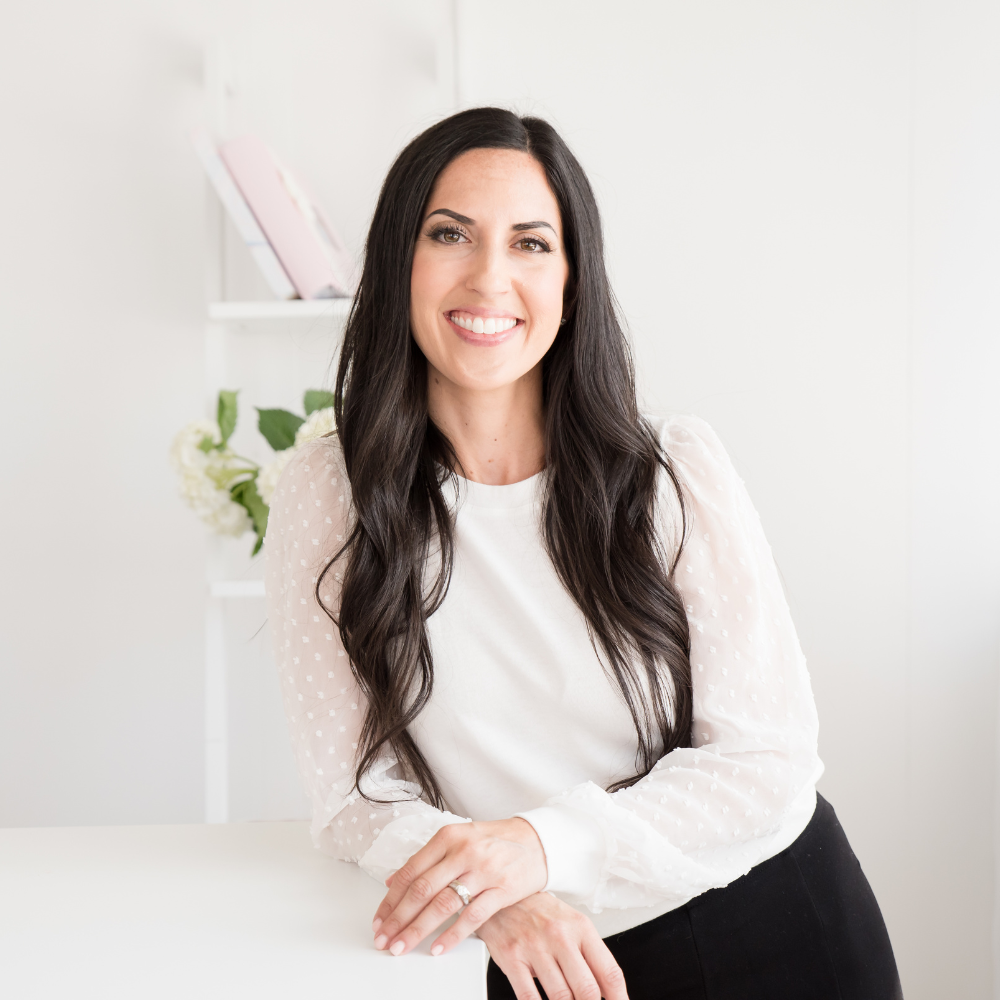
Kristin Revere talks with Dr. Jena Bradley of Live Core Strong about the importance of core strength for everyday mom life and how to find time to stay consistent with exercise in the chaos of motherhood. Dr. Jena is a physical therapist with Jena Bradley, LLC, Live Core Strong, and The Fit Postpartum Mom Podcast. […]
Travel Sleep Tips with Erin Junker: Podcast Episode #293
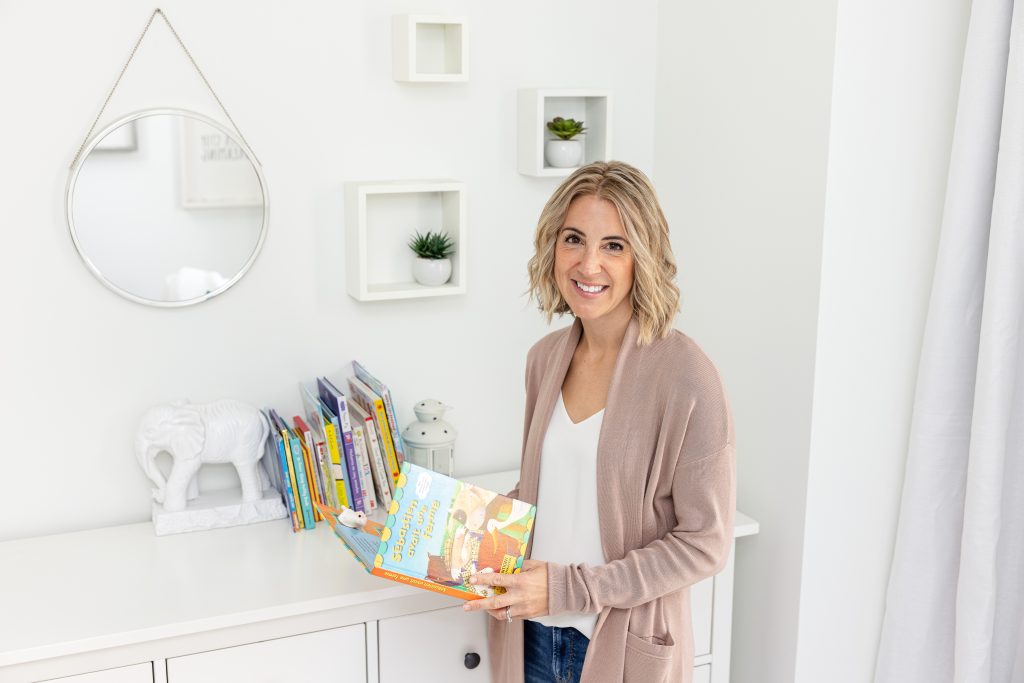
Kristin Revere and Erin Junker, CEO of the Happy Sleep Company, discuss everything from hotel stays to schedules on the latest episode of Ask the Doulas Podcast. Hello, hello! This is Kristin Revere with Ask the Doulas, and I am thrilled to chat with Erin Junker. Erin is a pediatric sleep consultant and owner of […]
Pacifier Safety with Lindsay DeOliveira: Podcast Episode #292
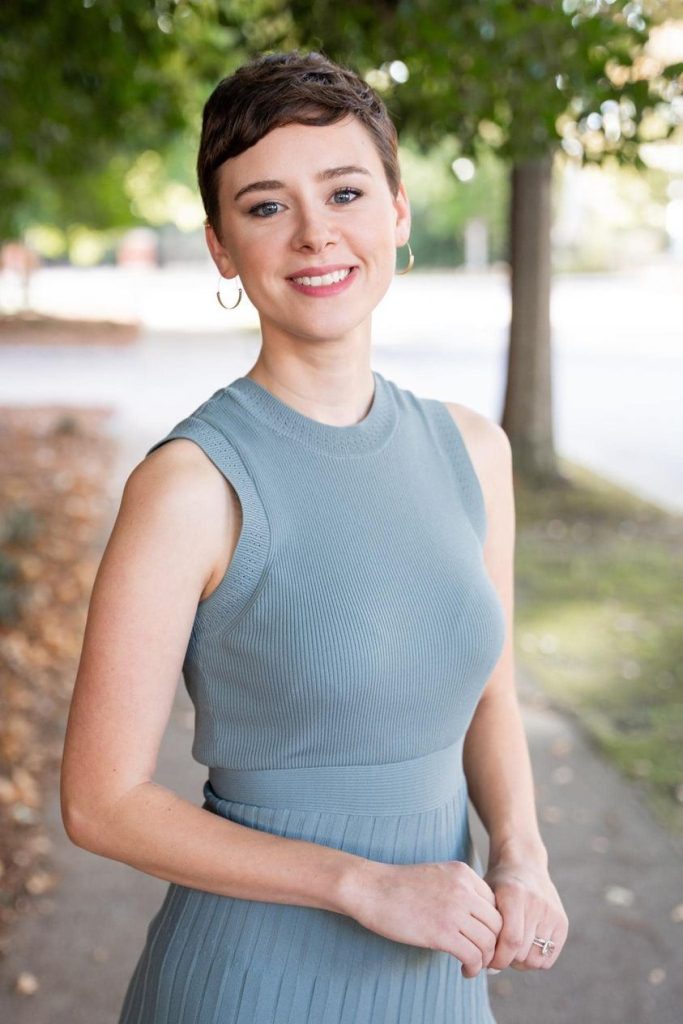
Kristin and Lindsay DeOliveira chat about how she came to start Soothe Beginnings after she struggled to find the perfect pacifier for her daughter. They also discussed her focus on safety and evidence-based design. Lindsay is also a baby registry consultant with Gold Coast Doulas. Hello, hello! This is Kristin with Ask the Doulas, […]
The Importance of Sharing Birth Stories: Podcast Episode #291

Kristin Revere and Dr. Elliot Berlin discuss the importance of reading or listening to birth stories and why it is valuable to share or record your own birth stories. Dr. Berlin hosts a narrative podcast on birth stories called “One Way or a Mother” as well as the “Informed Pregnancy Podcast”. Hello! This is […]
Mama Bear Survival: Podcast Episode #290
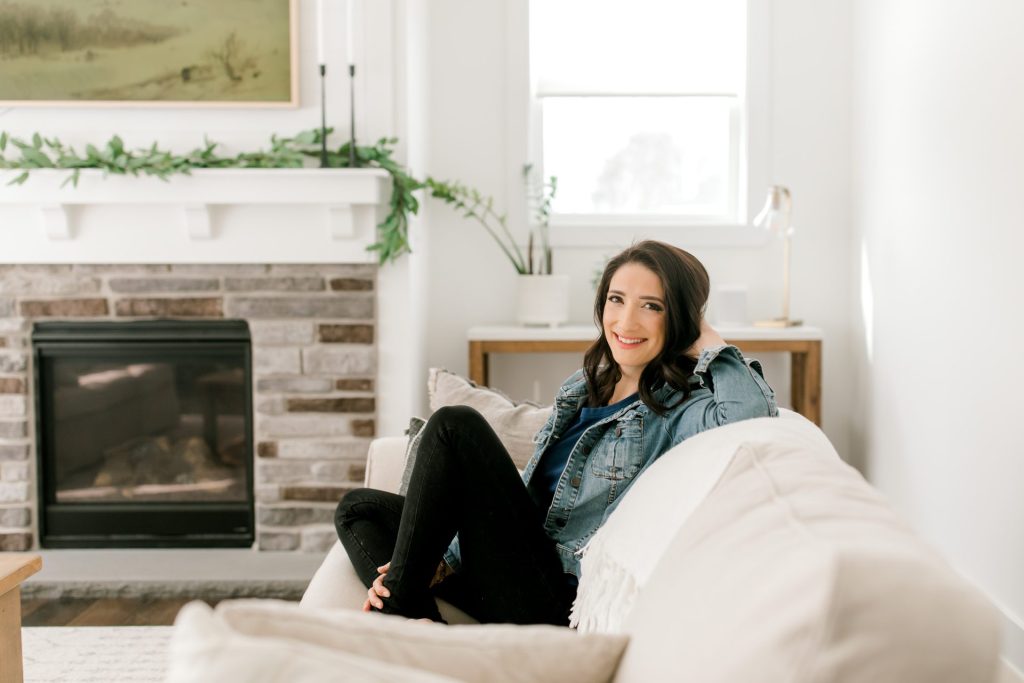
Kristin Revere and Emily Richett discuss Preparedness for Moms during pregnancy and early parenting in the latest episode of Ask the Doulas podcast. Emily is the author of “Mama Bear Survival: Raising Strong Families in an Uncertain World- A Guide to Preparedness, Resilience & Self-Reliance”. She is also the host of Mama Bear Survival […]
Roadmap to Raising Children: Podcast Episode #289
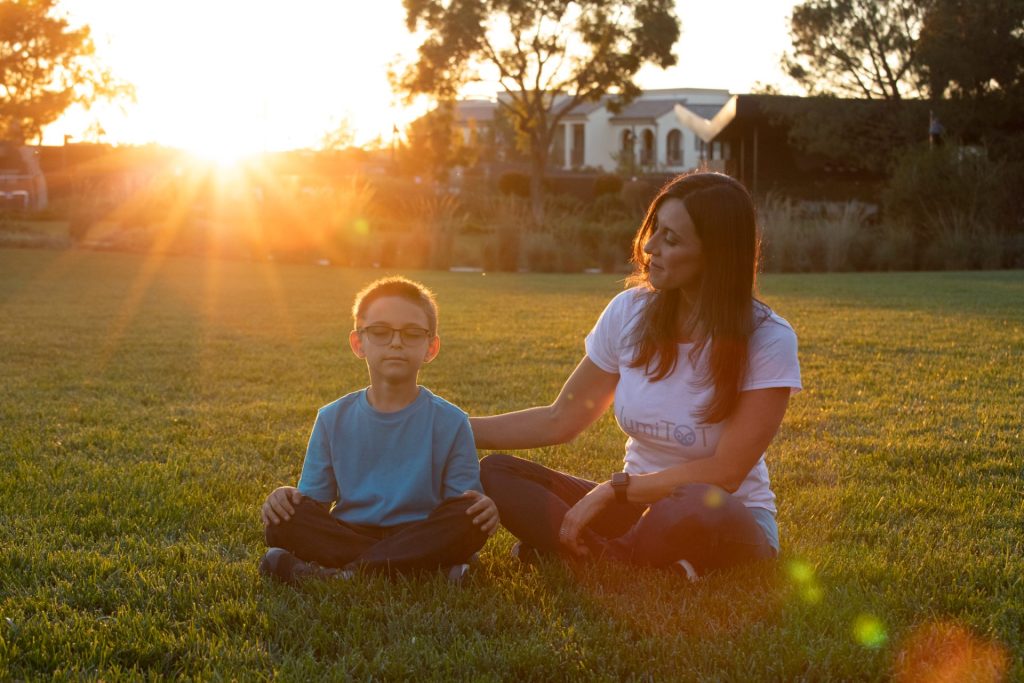
Kristin Revere and Dr. Karen Molano discuss the importance of pregnancy and the first five years of parenting. Dr. Karen Molano is a child psychologist and infant, family, and early childhood specialist. She utilizes her LumiTot Method to guide families through pregnancy and the first five years, providing them with a roadmap to raising children. […]
Harnessing Technology for Your Fourth Trimester: Podcast Episode #288
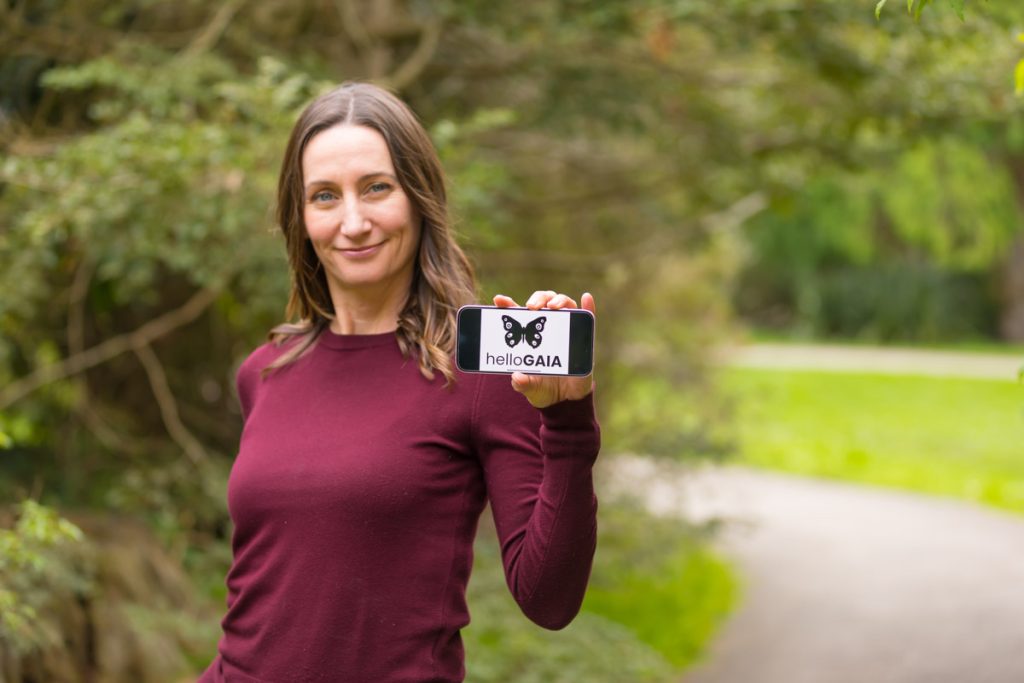
Kristin talks with Sarah Trott, founder of HelloGaia Parenting Copilot, about how technology helps parents simplify the overwhelming and find evidence-based scientific information to better prepare for the postpartum phase. Sarah is also the founder and host of the Fourth Trimester Podcast. Hello, hello! This is Kristin with Ask the Doulas, and I am […]
Why Tongue Function Matters: Podcast Episode #287
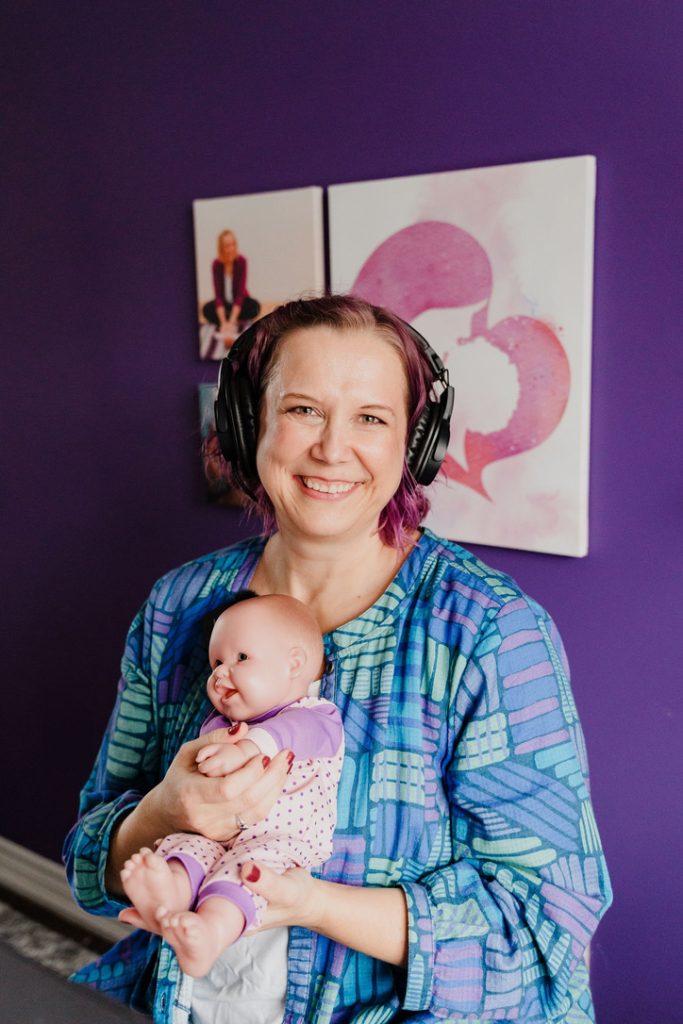
Kaili Ets and Kristin Revere discuss why tongue-tie release is just one piece of the puzzle regarding tongue function. Kaili is the founder of Kaili Ets Family Wellness. Hello, hello! This is Kristin Revere with Ask the Doulas, and I am thrilled to chat about tongue function and why it matters for infants, with Kaili […]
How Moms Can Mobilize Their Village: Podcast Episode #286
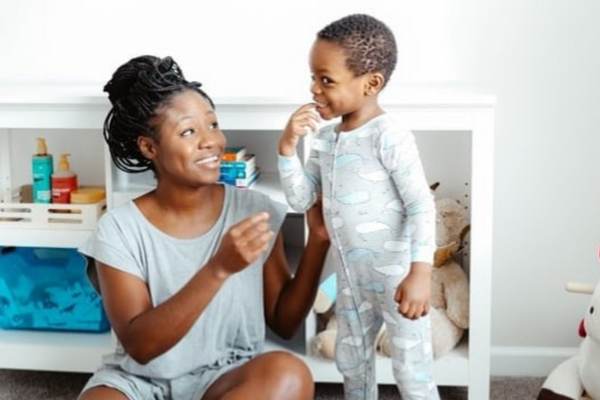
Kristin Revere and Kimberly Jolasun, CEO of Villie, discuss how moms can mobilize their village to get support in the early days of motherhood. They also chatted about the Villie State of the Village report where they learned that moms need help asking for help. Hello, hello! This is Kristin Revere with Ask the […]
One Way or a Mother: Podcast Episode #285
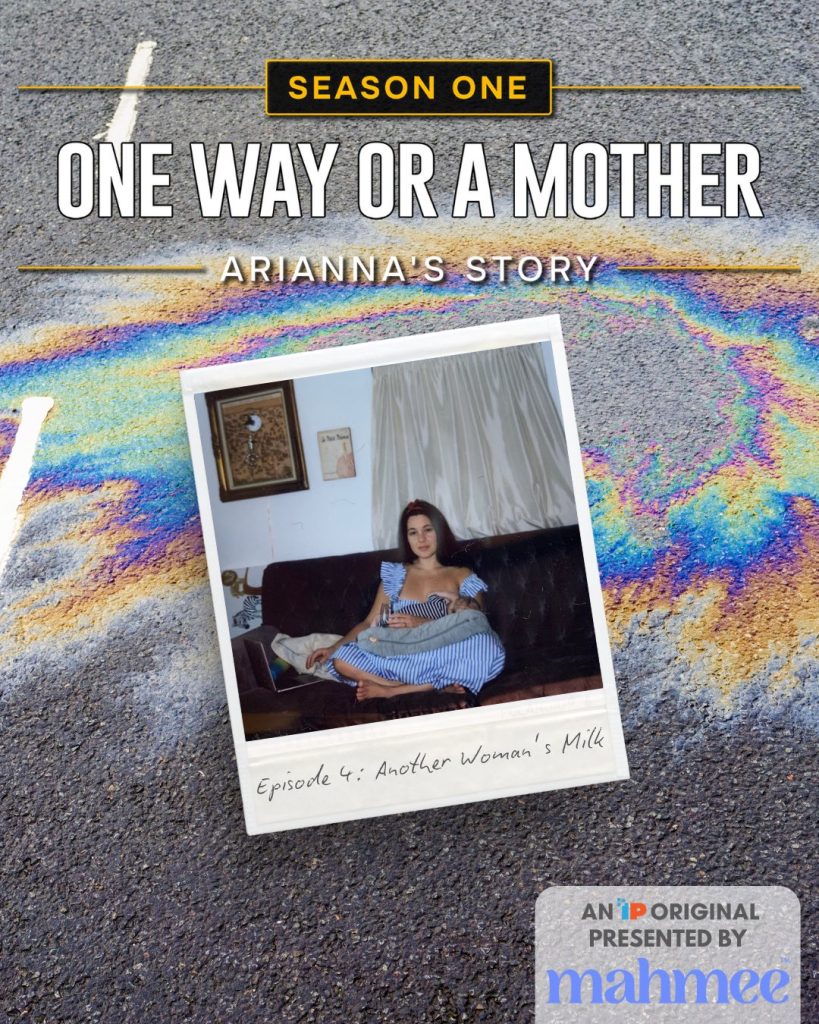
Ask the Doulas is proud to present One Way or a Mother to our listeners. One Way or a Mother is a brand new long-form narrative podcast from Dr. Elliot Berlin, DC, host of The popular Informed Pregnancy Podcast. Each ten-episode season follows one pregnancy and all the decisions, emotions, preparations, and history that goes […]
Introducing Solids with Kim of Solid Starts: Podcast Episode #284

Kristin Revere and Kim Grenawitzke discuss baby feeding in the latest episode of Ask the Doulas. They cover everything from breastfeeding to bottle-feeding transitions to solids. Kim is the Managing Director of Content & Editorial and Senior Feeding & Swallowing Specialist at Solid Starts. Her book, “Solid Starts for Babies” is found online or in […]
The Role of Doulas in Black Maternal Health: Podcast Episode #283
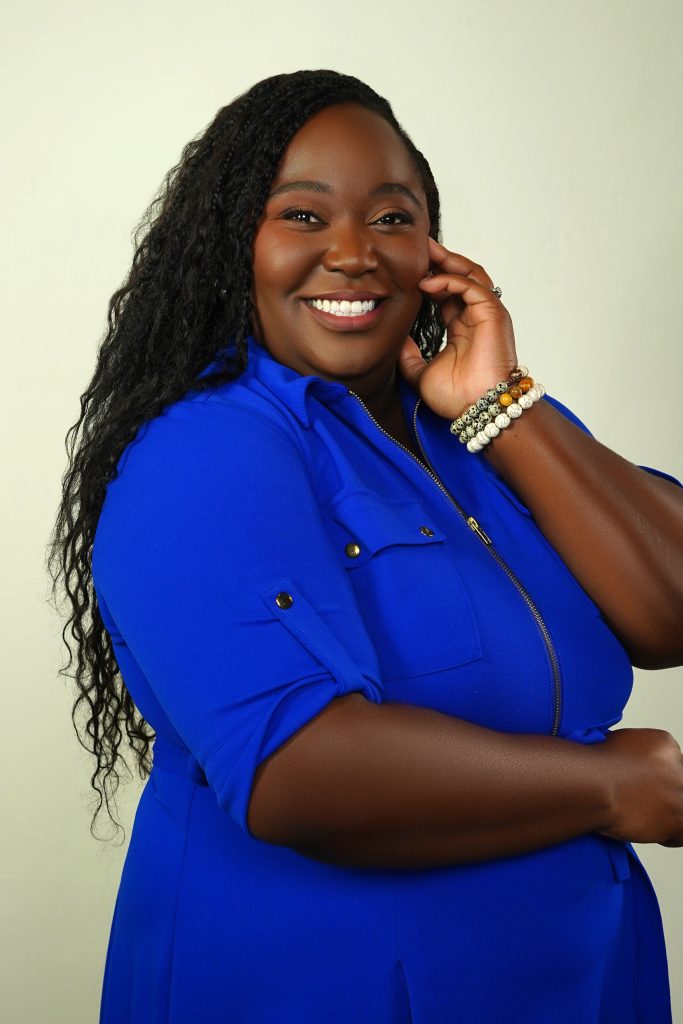
Kristin Revere and Dana Sherrod discuss the role of doulas in Black Maternal Health in the latest episode of Ask the Doulas Podcast. Dana Sherrod, MPH, is Co-Founder and Executive Director of the California Coalition for Black Birth Justice. Hello, hello! This is Kristin with Ask with Doulas, and I am thrilled to chat with […]
Explaining Mental Load to a Partner: Podcast Episode #282

Kristin Revere and Zach Watson discuss invisible labor and partner communication in the latest episode of Ask the Doulas. Zach is a Certified Fair Play Facilitator and invisible labor coach with Zach Think Share Creative. Hello, hello! This is Kristin with Ask the Doulas, and I am so excited to chat about the […]
The Importance of Doula Benefits: Podcast Episode #281
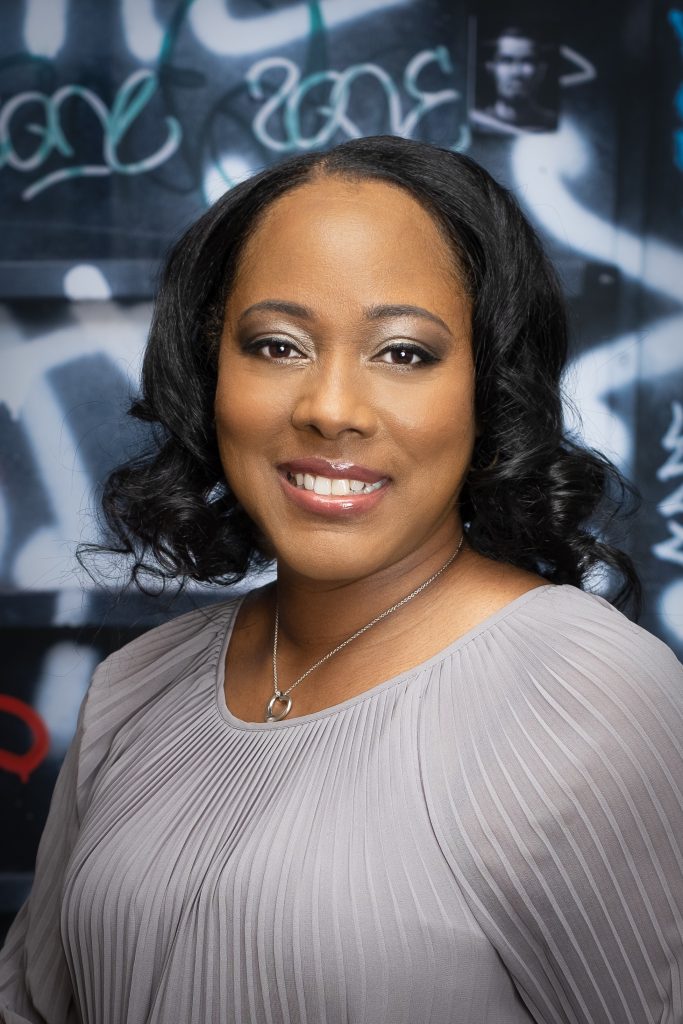
Cynthia and Kristin discussed how doula benefits can help close maternal care gaps, reduce healthcare costs, and promote inclusivity. Cynthia McEwen is the head of DE&I and VP of People at Progyny. Hello, hello! This is Kristin with Ask the Doulas, and our topic today is the importance of doula benefits. I’m thrilled to have […]
The Role of Play in Child Development: Podcast Episode #280
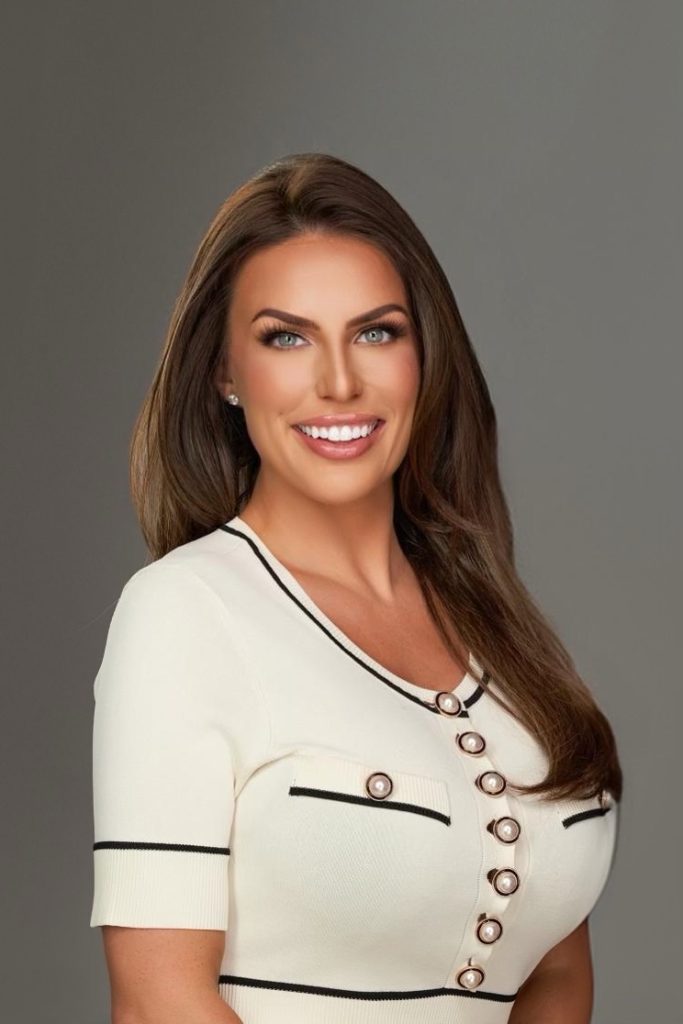
Juliana shares insights into how purposeful play fosters growth, and speech and language development in children in the latest episode of Ask the Doulas podcast. Juliana is CEO and co-founder of 2MamaBees, a company specializing in eco-friendly, high-quality playhouses and children’s products. Hello, hello! This is Kristin with Ask the Doulas, and I am thrilled […]
Maternity and Employment Rights with Crabill Law Firm: Podcast Episode #279
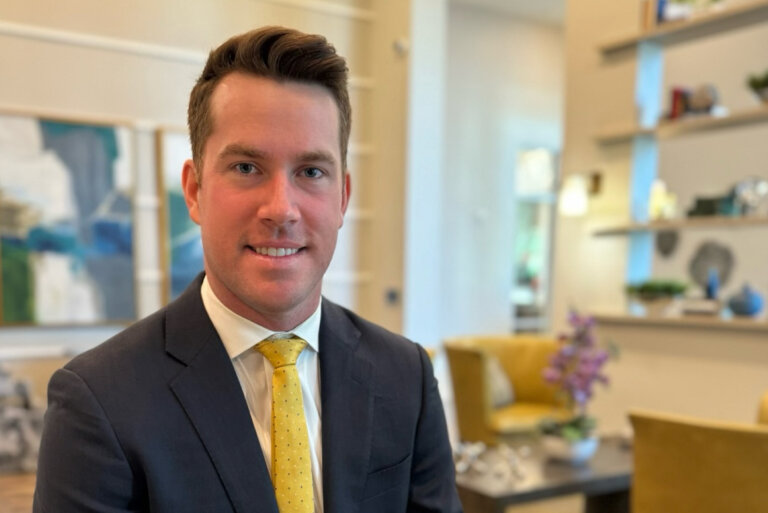
Kristin and Taylor talk about maternity and employment rights in the latest episode of Ask the Doulas. He covers tips on everything from navigating return from leave to when to tell your employer you are pregnant. Taylor is an Employment Rights Attorney with Crabill Law Firm. Hello, hello! This is Kristin Revere with Ask the […]
NICU 101 with Mary Farrelly of The NICU Translator: Podcast Episode #278
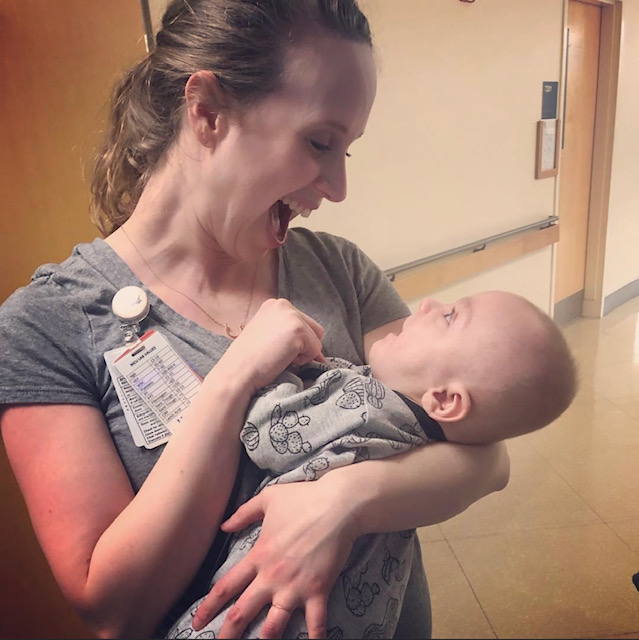
Kristin Revere talks with Mary Farrelly, CEO of The NICU Translator. Mary gives expert advice on navigating the NICU. \ Hello, hello! This is Kristin Revere with Ask the Doulas, and I am thrilled to chat with Mary Farrelly. She is the owner at The NICU Translator, and our topic is all about NICU 101, […]
Intuitive Mothering with Dr. Gertrude Lyons: Podcast Episode #277

Kristin Revere talks with Gertrude Lyons, author of Rewrite the Mother Code (now available for preorder!). She also hosts a podcast with the same name and offers coaching services. Hello, hello! This is Kristin Revere with Ask the Doulas, and I am thrilled to chat with Dr. Gertrude Lyons today. Our topic is all about […]


